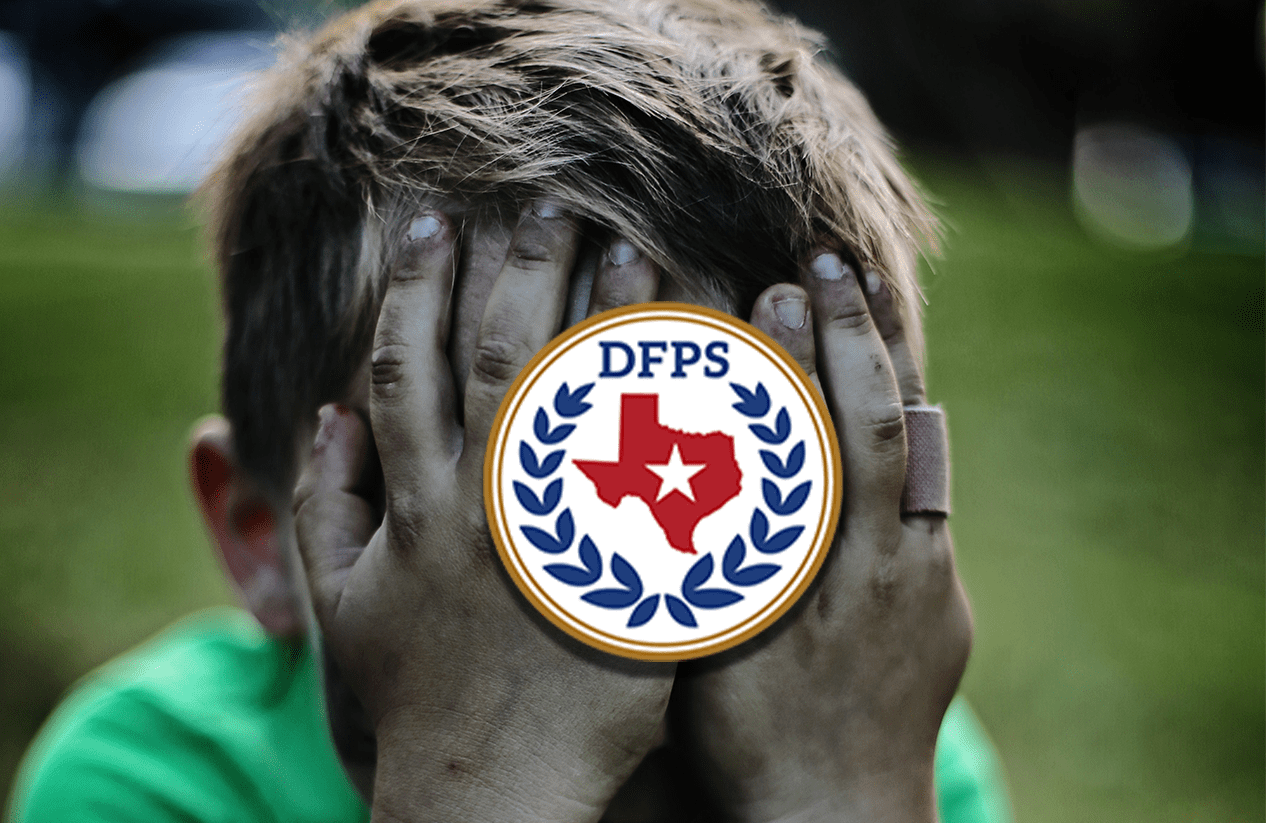In little over a week, the 84th session of the Texas Legislature will begin. Chief among the legislature’s responsibilities is the passage of a biennial state budget—even though a vast majority of legislators have no role in its formulation.
|
Under the current budget process, an unelected, professional bureaucracy performs the task of agency performance evaluation, spending recommendations, and budget document organization. The legislature only needs to affix its stamp of approval and it carries the force of law. The major actor is a little-known state agency called the Legislative Budget Board (LBB) that currently operates under the specific direction of the notoriously liberal-leaning Lt. Gov. David Dewhurst, Speaker Joe Straus, and their handpicked allies in each chamber of the legislature.
Beginning in the spring of each even-numbered year, an agency called the Legislative Budget Board (LBB) partners with the Governor’s Office of Budget, Planning, and Policy (GOBPP) to formulate goals for state government in line with strategic guidelines set by the Governor.
With these broad aims, the LBB and GOBPP charge agencies with providing a Legislative Appropriations Request (LAR) that serves as a fiscal blueprint for the implementation of these goals and the execution of state law. In a series of hearings over the summer and fall preceding the legislative session, members of LBB staff meet with agency heads who “ask” for a certain amount of funding for the next biennium.
The LBB evaluates these requests to then determine through their own estimation what each agency should receive and voila—the budget is born.
By the time the budget gets to the capitol, it is all but done. Legislators who try to make changes-especially in the way of spending reductions—are simply told, “the LBB recommended these numbers.” Hence, the role of the “yes men.”
Being an appropriator essentially amounts to defending the LBB’s bill draft from the changes of other legislators. A notable case of this occurred during the 83rd Legislative Session, when liberal-leaning establishment legislators thwarted attempts by a group of conservative house members to eliminate wasteful and unnecessary agency spending.
While this might seem to be positive in one regard—preventing each legislator from inserting a pet project or “earmark”—it often works against taxpayers by preventing meaningful spending cuts or a comprehensive “zero-base” approach to agency budgeting. Furthermore, the process itself isn’t necessarily stacked-against taxpayers—having the potential to use a capable staff and meaningful tools to provide insight to legislators on increasing government efficiency. Under current leadership, however, the budget process enables malignant growth inertia of the state bureaucracy—because most legislators fail to question it, the status quo is simply too easy to maintain.
Texans have a right to know the whole story when it comes to our state’s budgeting. If your legislator cannot cogently answer budget questions, then chances are they failed to ask such questions when the budget was formulated, debated, or passed.
During the upcoming session, it is up to citizens to hold legislators accountable and ask tough questions about state spending. With new leadership assuming office in January, taxpayers have an opportunity to demand real budget reform—one that is not dominated by experts and “Yes Men.”




